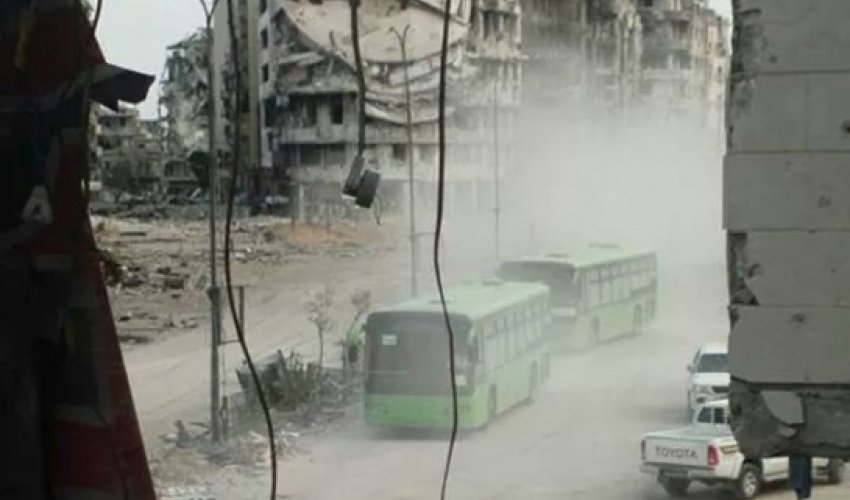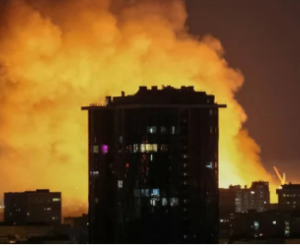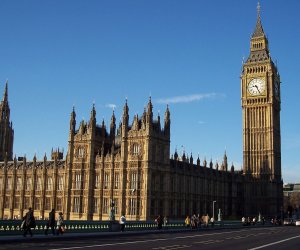Rebels 'evacuating Old City of Homs'

Within the past hour, buses have begun leaving the Old City under a deal brokered by the United Nations.At least two buses have arrived in rebel-held territory to the north, carrying a number of armed fighters.It marks the end of any rebel presence in the heart of the major city once dubbed the "capital of the revolution" against President Bashar al-Assad.'World failed us'The BBC's Paul Wood in Beirut says the rebel fighters and their families are sad and bitter as they say goodbye to a place they swore they would never leave.They buckled finally, our correspondent adds, after two years of siege - the government's forces following a tactic of what some Syrian army officers called "surrender or starve".The siege of the Old City was tightened in recent months with intense shelling and air strikes."The rest of the world failed us," one activist told the BBC by Skype as he prepared for the evacuation.The deal was brokered by the UN - which is also supervising the buses now heading into the Old City - and was agreed only after many months of negotiation.The deal reportedly also involves easing a siege of two predominantly Shia Muslim towns in the north loyal to President Assad.Our correspondent says the armed groups within the Old City were deeply divided about whether to accept a ceasefire.The al-Nusra Front, which is affiliated to al Qaeda, wanted to try to break the siege with a series of suicide bombings. It attempted to do this, but failed, and al-Nusra fighters will be on the evacuation buses too.One more district of Homs is still holding out, al-Wair on the periphery.But our correspondent says fighters there have accepted a ceasefire and will leave, too, as soon as arrangements are made.(BBC)Bakudaily.az
Latest news 
More news 



































 Photo
Photo 



 Video
Video 

